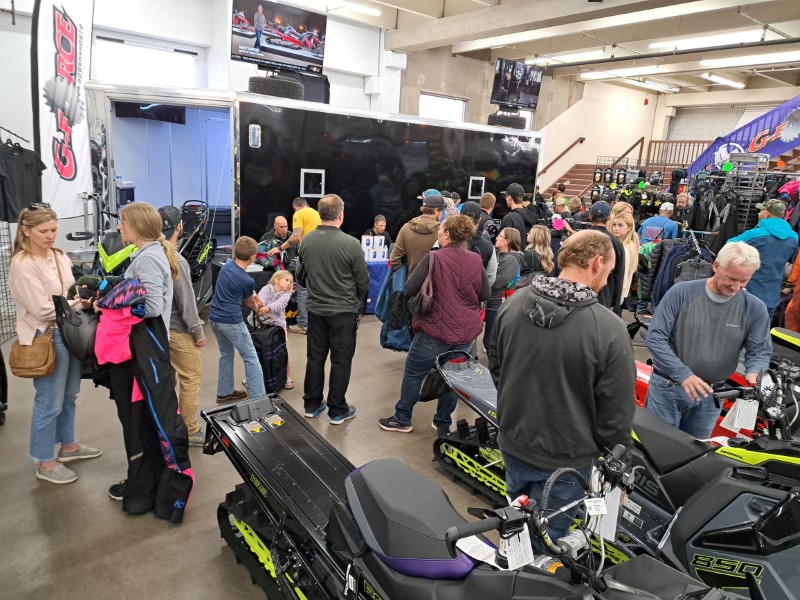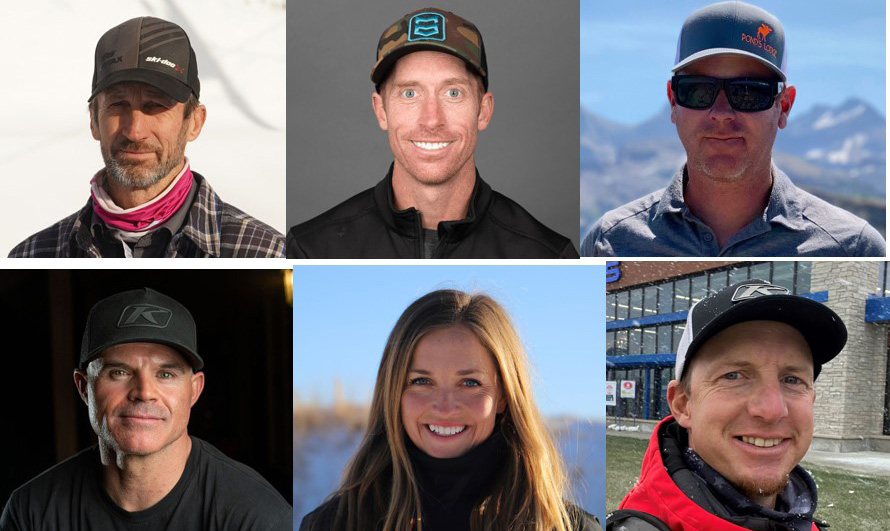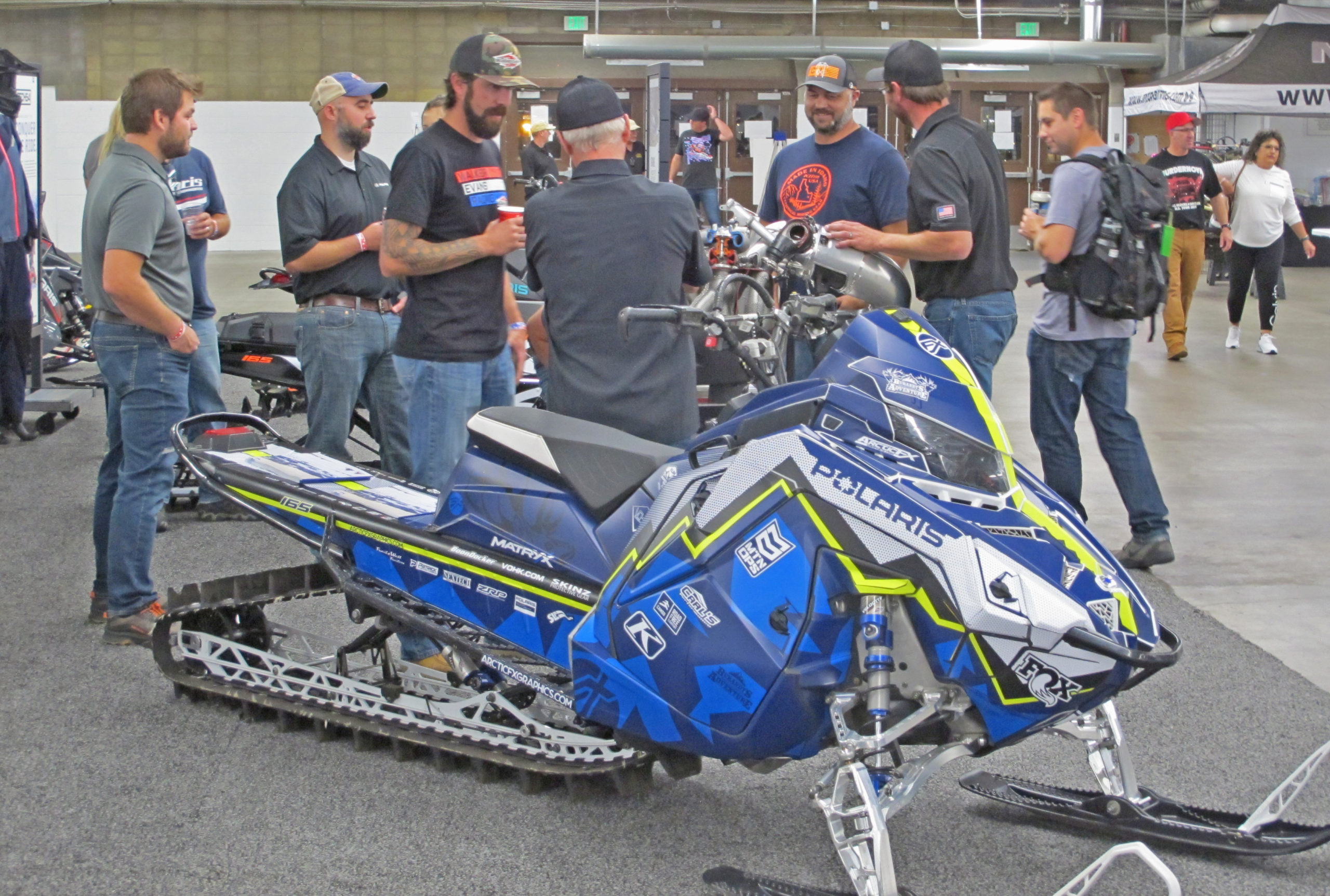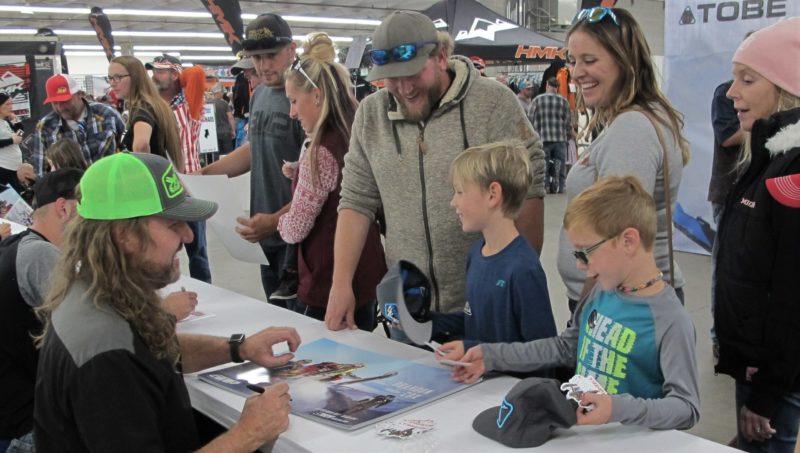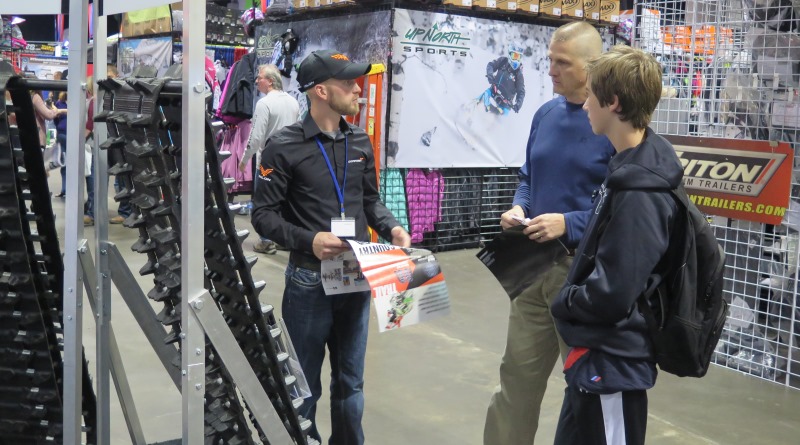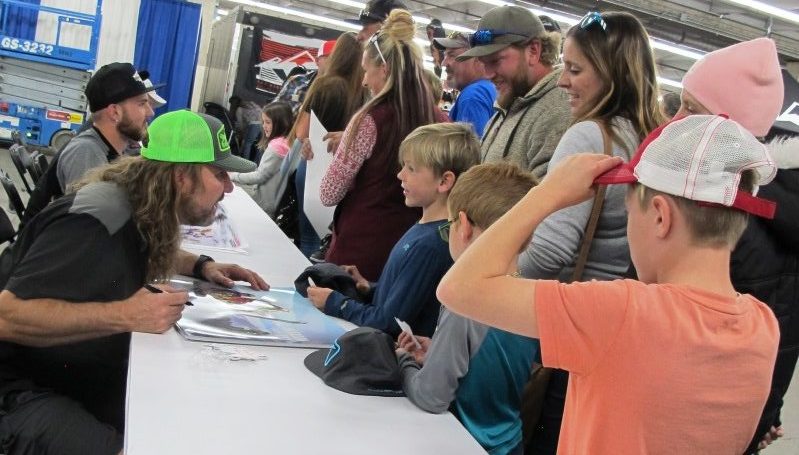Editor’s Note: Tyler’s Backcountry Awareness founder Brian Lundstedt led a seminar at the Rocky Mountain Snowmobile Expo in Denver where he personified the riding partner from hell by using the term “Paul,” and then instructing those attending the seminar to (1) avoid Paul and (2) avoiding becoming a Paul. His presentation was so good, we asked him to write a column on the topic, which was published in Snow Goer magazine and is now being shared with our website visitors. While his column specifically focuses on riders with bad mountain habits, flatlanders and trail riders should also be able to identify their “Paul” – the rider who takes unnecessary risks, makes bad decisions and puts himself and others at risk.
Don’t Ride With A ‘Paul’

Group and terrain management are favorite topics of mine. I think it’s interesting that some groups are large in numbers and the trip goes off without a hitch. While other times, you are in an ideal group size and it is a complete “junk show.”
What is it that makes and breaks these groups? Often times, the size is not the biggest factor but instead, it’s the nature of the individuals within the group that creates the primary challenge. I know plenty of large groups that I don’t mind riding in, and I have ridden in small groups that I would prefer not to again.
To help me explain, I am going to use the name “Paul” because I don’t ride with a “Paul.”
Everybody who has ridden in a group has ridden with a Paul. The actual name and gender may vary but the person is the same.
My Paul, your Paul and every group’s Paul is always out for themselves and never considers what’s in the best interest of the group. Perhaps your Paul is that gal that always shows up an hour late. Possibly, it’s the brother-in-law who slips away, gets stuck and doesn’t have his radio on. Maybe it’s your brother’s best friend that always makes poor choices, exposing multiple people to an avalanche hazard for his own satisfaction.
Maybe Paul is the one that refuses to buy the right safety gear or take avalanche education.
Go ahead, fill in the blank with horrible riding partner conditions and attribute it to something “Paul” would do.
I have been riding since the early 1990s in the Rocky Mountains and I grew up here. Some of the people I have known longest are snowmobilers who also ride the Rockies and many of them are very near family status, but several years ago I made a choice to avoid riding with some of them.
Frankly, they were unsafe and refused to change their bad habits. Holding onto their dangerous ways was more important than riding with me. To me, my life is more important than riding with them. I’m happy to meet up with them for a steak after a good weekend but I can’t bear the thought of not being able to bring them home alive or being the one that’s brought home from the “last ride.”
All for what? A poor choice, or a bad decision?
I’ve spent a fair amount of time avoiding Paul in the backcountry. Usually, avoidance is pretty easy but sometimes you can find yourself in a situation where it’s really hard to allude Paul, and it can sometimes be awkward if Paul is a family member or close friend.
Some Pauls never change. For example, when highmarking above a group or crossing a slide path, we’ve asked them to only put one person at a time in harm’s way, but they continue to do these things. We’ve tried to teach them better habits and express the gravity of their dangerous behavior.
Honestly, I don’t want to be the one to call Paul’s family and tell them that he didn’t make it and that the accident could have been avoided. I don’t want to have to break the news that I tried, but when we got there Paul was dead. I don’t want Paul to have to call my brother and explain to him that he lost another brother to the mountain because he couldn’t be a decent riding partner.
Paul might say, “I didn’t know what to do” or “I saw it happen, I rushed over but I didn’t have the tools I needed to save him.” Are these the things Paul is going to have to tell the people that you love most? Teach them or avoid them, but don’t become them.
Have you been reading this and thinking that there is no Paul in your group? That none of these descriptions fit anyone you ride with? Then you might be Paul. If you suspect that you are Paul, consider listening to those around you, and actively trying to change your role in the group dynamic.
All of these bad attributes and habits are avoidable and manageable. Choose your group and actively make choices with the group’s safety in mind. Ride with those that have a similar level of risk acceptance. Travel and make decisions as a group. When someone is making a bad decision, help them, and yourself, by pointing it out. Maybe they didn’t think about it or maybe they just didn’t know it was a poor decision.
I am a selfish snowmobiler. I never want to give up the chance for one more 48-inch-plus day. To ensure I will always have that chance, I make decisions that will help me make it home, see my family and come back to ride another day. A big part in this process can be avoiding Paul and the risks he brings to the mountain. It’s awesome how much better rides get when the group is on point, no matter its size.
Article writer Brian Lundstedt is an avalanche awareness and backcountry riding instructor from Fort Collins, Colorado, who started Tyler’s Backcountry Awareness after his brother Tyler was killed in an avalanche.
Editor’s Note: Every Snow Goer issue includes in-depth sled reports and comparisons, aftermarket gear and accessories reviews, riding destination articles, do-it-yourself repair information, snowmobile technology and more. Subscribe to Snow Goer now to receive print and/or digital issues.

